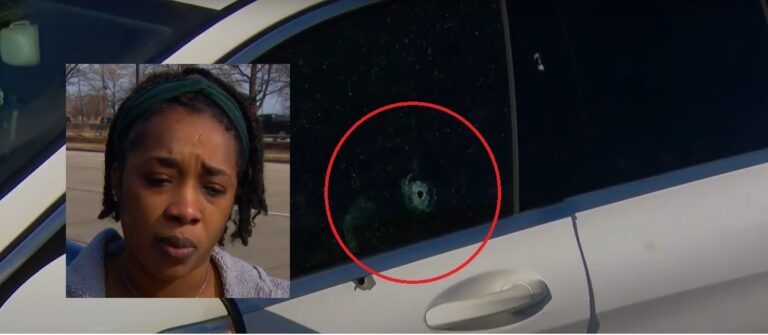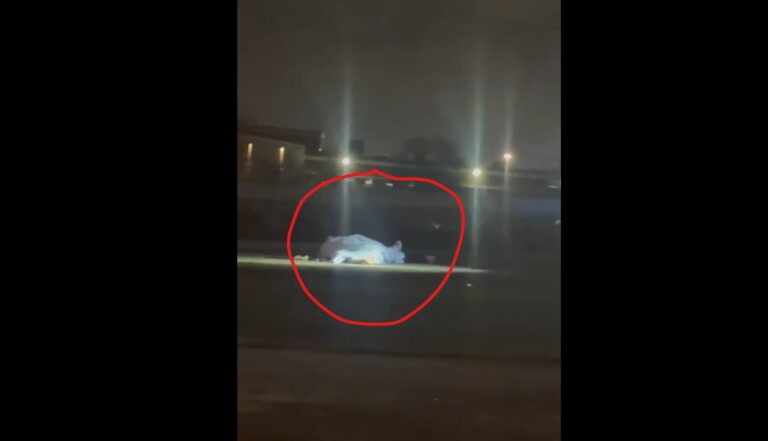Chicago Landlord Ordered to Pay $80,000 After Threatening to Call ICE on Tenants
A Chicago landlord has been ordered to pay $80,000 to former tenants after threatening to call U.S. Immigration and Customs Enforcement (ICE) on them during a verbal dispute in June 2020. The ruling marks the first judgment under Illinois’ 2019 Immigrant Tenant Protection Act, according to the Mexican American Legal Defense and Educational Fund (MALDEF), which represented the tenants.
On February 19, Cook County Circuit Judge Catherine A. Schneider ruled that Marco Antonio Contreras and his wife, Denise Contreras, must pay over $80,000 in damages, attorneys’ fees, and costs for violating the state law. A smaller sum was also awarded for the wrongful denial of the tenants’ belongings. Neither the landlords nor their attorney could be reached for comment.
The tenants, whose immigration status remains undisclosed, released a statement expressing their stance: “No one should feel or act superior to others. We are all equals and deserve respect.”
The Immigrant Tenant Protection Act, signed into law in 2019 by Gov. JB Pritzker, prohibits landlords from using a tenant’s immigration status as a threat or means of retaliation. Illinois follows California, which passed a similar law in 2017, and Colorado, which enacted one in 2021.
Legal experts believe the ruling serves as a warning to landlords. “This is the law of Illinois, and people are hurt badly when their housing status is made unstable,” said Eric Sirota, director of the Tenant Advocacy Clinic at Northwestern University.
Another case involving a Cicero couple accused of reporting a tenant to immigration authorities after a repair request is still pending. State Rep. Theresa Mah, a sponsor of the legislation, emphasized the law’s importance in protecting tenants’ rights amid a challenging political climate.
“This decision provides a measure of justice to a family facing a landlord willing to threaten them with deportation,” said MALDEF President Thomas A. Saenz. “Such unscrupulous conduct is appropriately unlawful under Illinois state law.”






